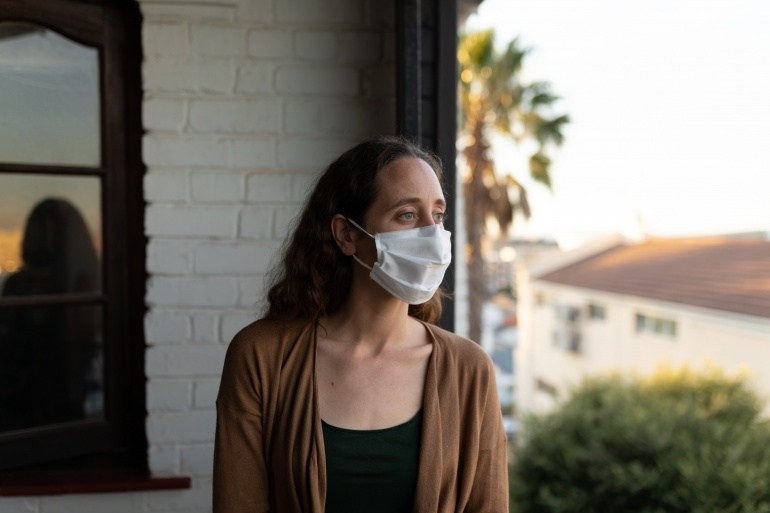From today (Thursday 17 March), Belgium is lifting the obligation to quarantine for all people who have had a high-risk contact, the Interministerial Conference (IMC) on Health decided last week.
Following Belgium's switch to 'code yellow' last Monday, the country's different health ministers decided to also further relax the quarantine policy from next Thursday, the cabinet of Flemish Health Minister Wouter Beke confirmed to The Brussels Times.
"As far as testing is concerned, nothing changes: if you have symptoms, you have to get tested. That is very important," Federal Health Minister Frank Vandenbroucke told VRT, adding that those who test positive still have to isolate for seven days – as announced at last week's Consultative Committee.
Related News
- No more PLF: Belgium changes travel rules from 11 March
- CST and face masks: These rules change
- Testing and quarantine: Belgium decides on phasing out rules on Wednesday
"What we are changing is the quarantine strategy. But the virus is still here, so caution remains important," he added.
People who have had a high-risk contact will no longer be required to test or quarantine from today (Thursday). Currently, this was already the case for fully vaccinated people, but not for partially or unvaccinated ones.
However, those who had a high-risk contact within their own household (vaccinated or not) are still strongly recommended to wear a face mask when coming into contact with others, including those outside the household, for seven days after the high-risk contact. If this is not possible, a daily self-test is recommended for everyone aged 6 years old and over.
"We do want to emphasise that it is not over yet," Joris Moonens of the Agency for Care and Health told the Belga News Agency. "Remain vigilant and cautious, and those who are infected should go into isolation. We are now in a phase where people know what to do, so we count on their responsibility."
Additionally, the CoronAlert app can continue to be a useful tool, Moonens said, even if a red screen no longer automatically leads to an obligation to get tested. "It can be a useful tool for yourself to stay informed about your risk contacts, so that you can wear a face mask when visiting an elderly or vulnerable person as a precaution, for example."

